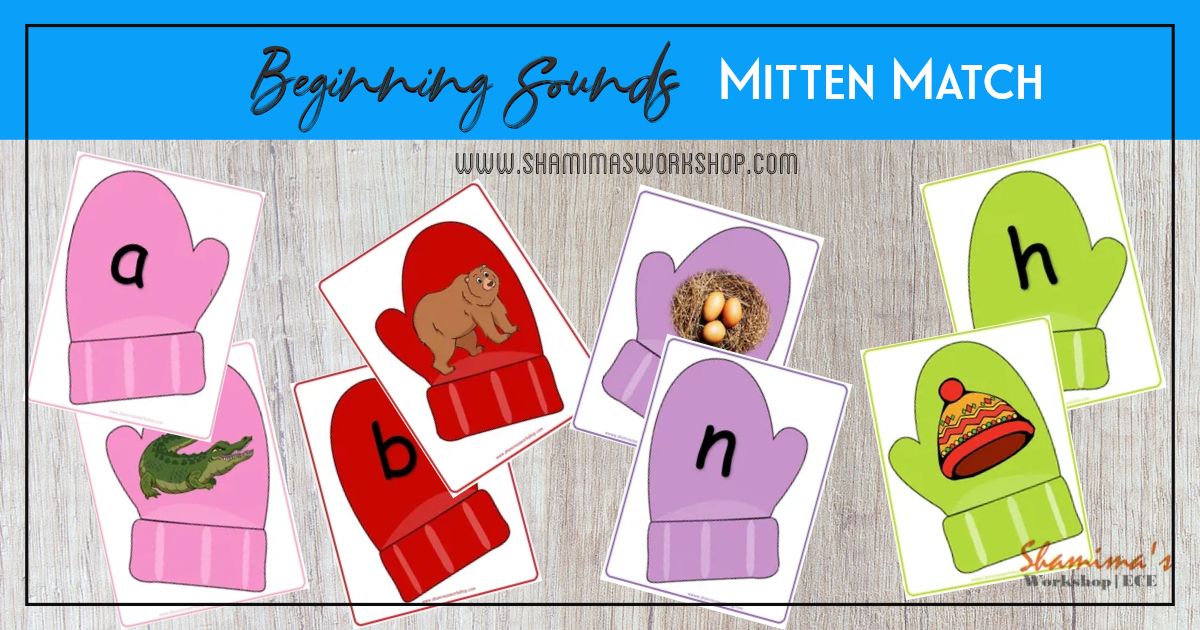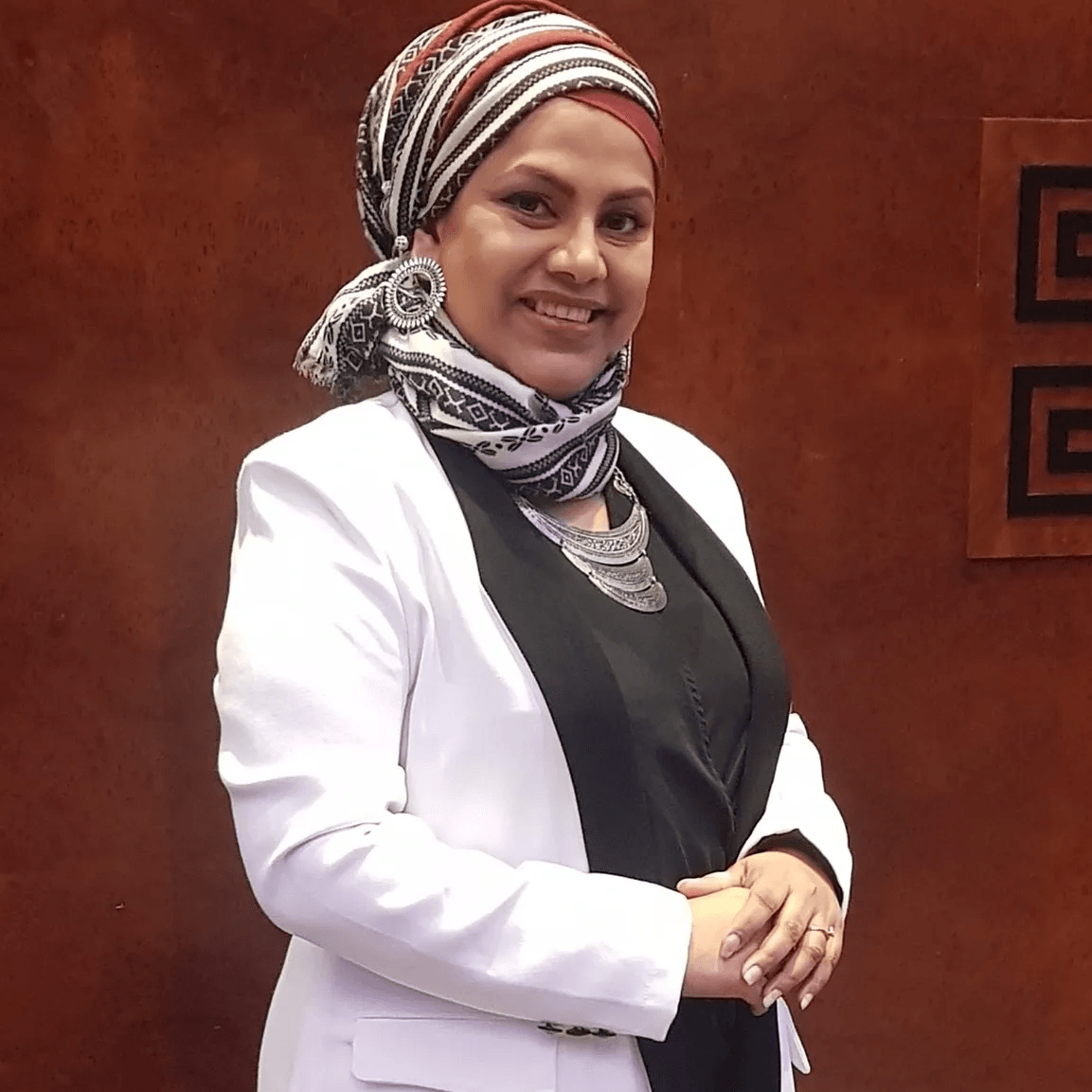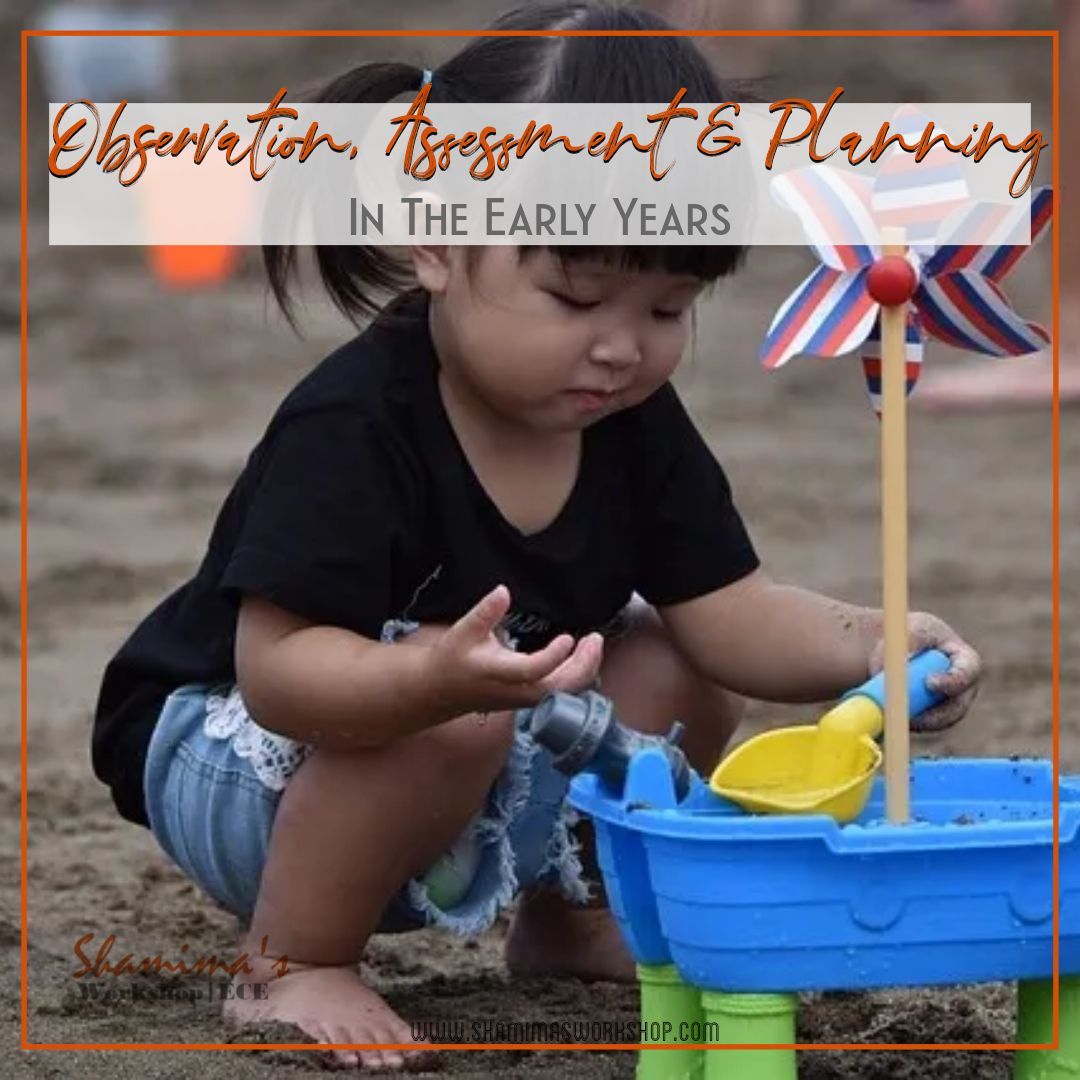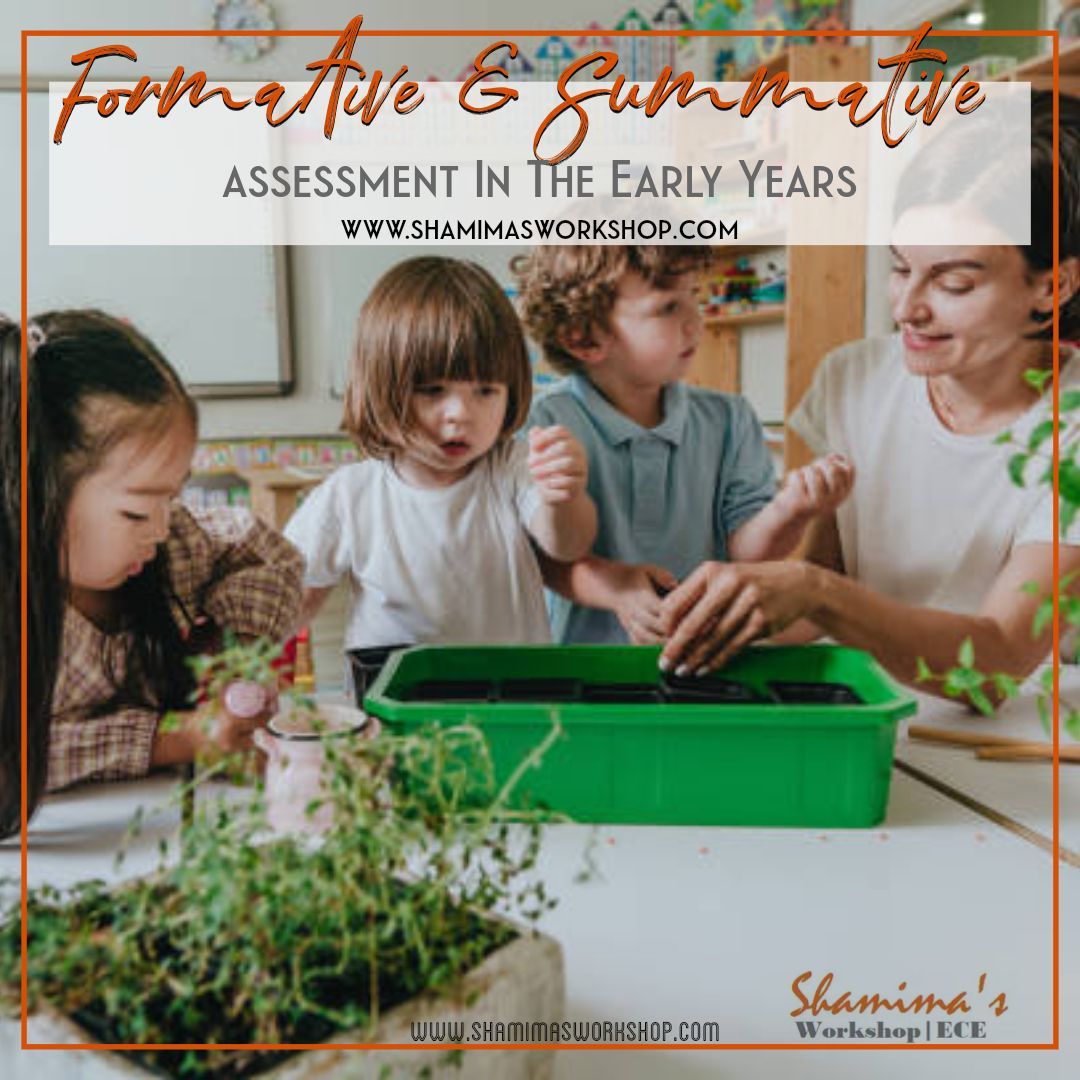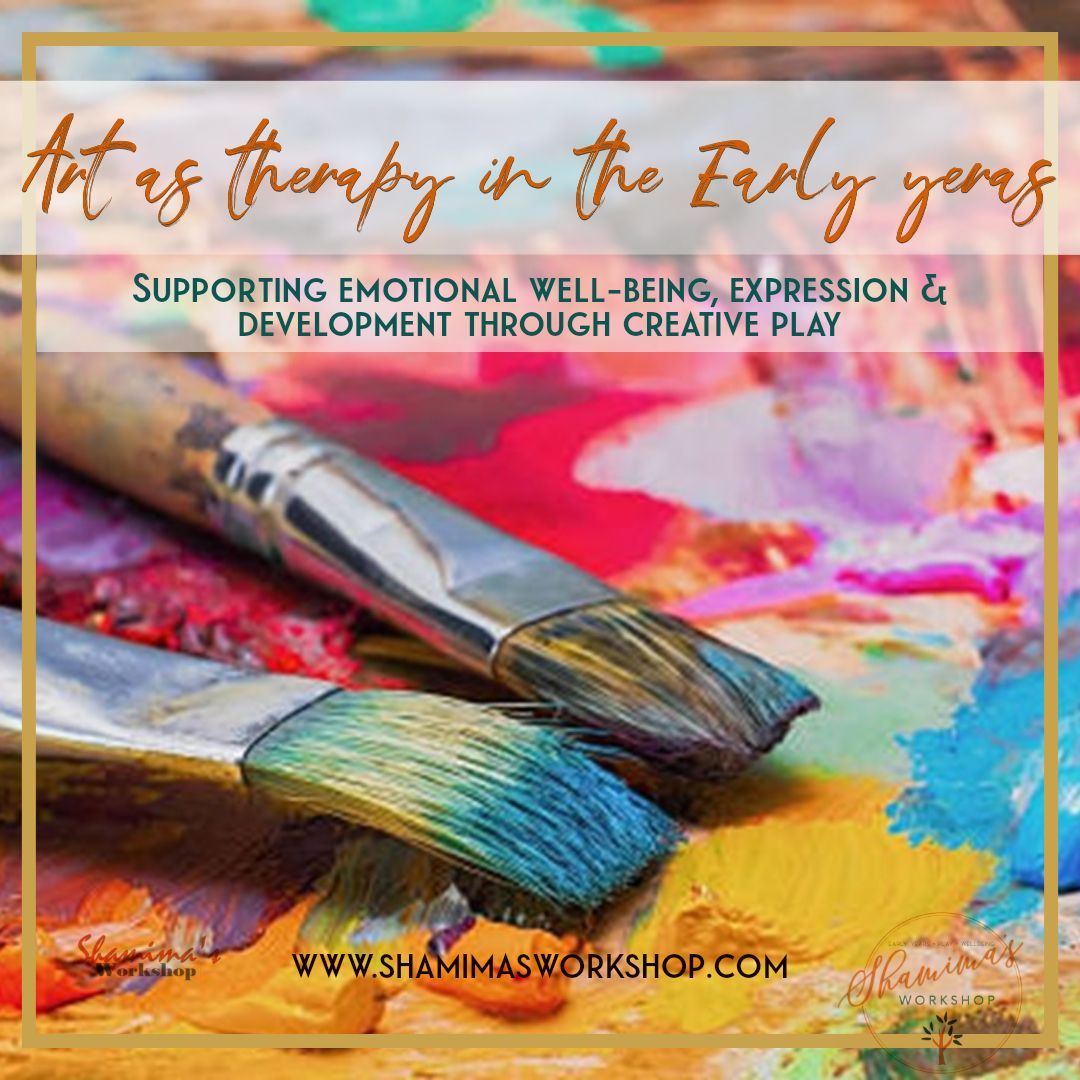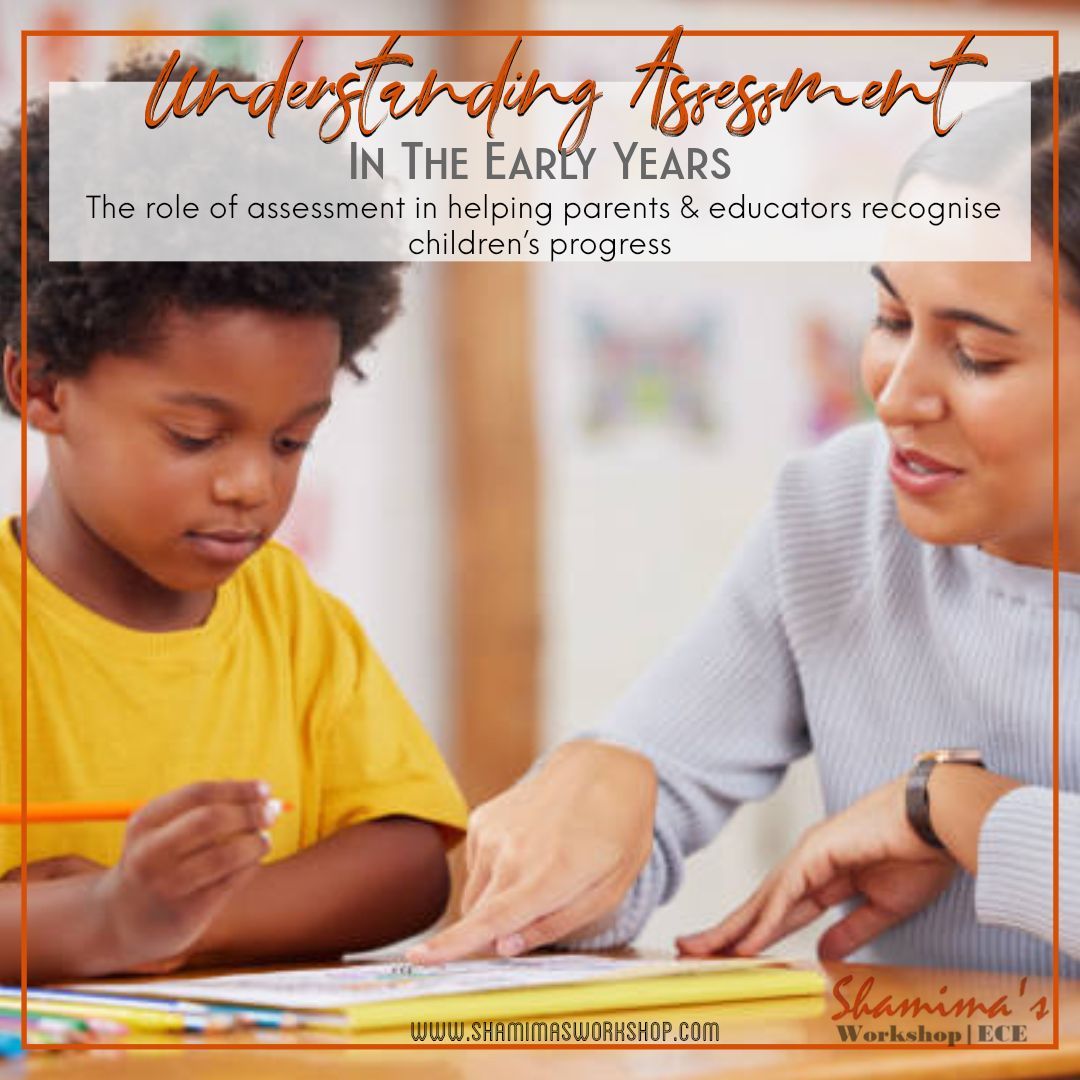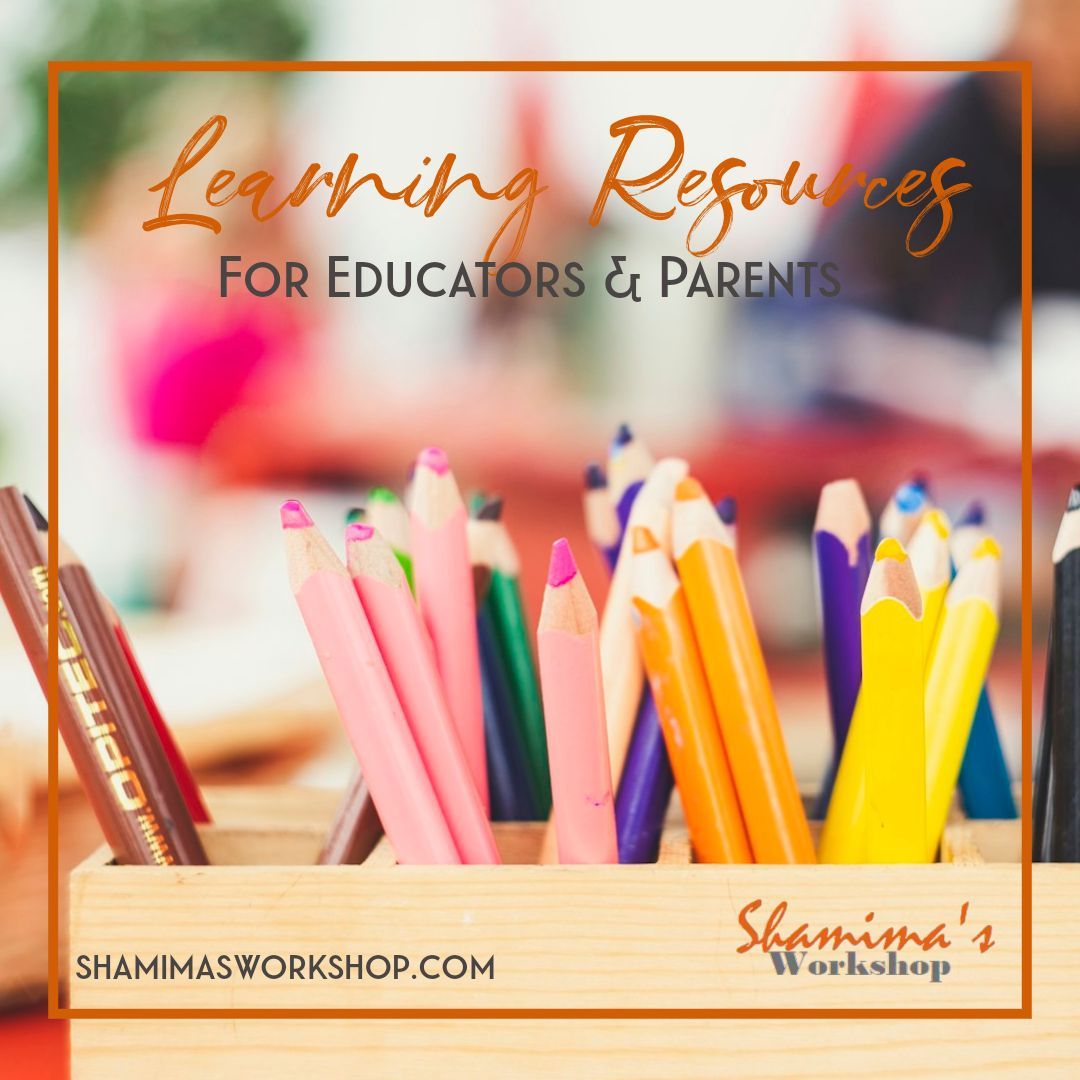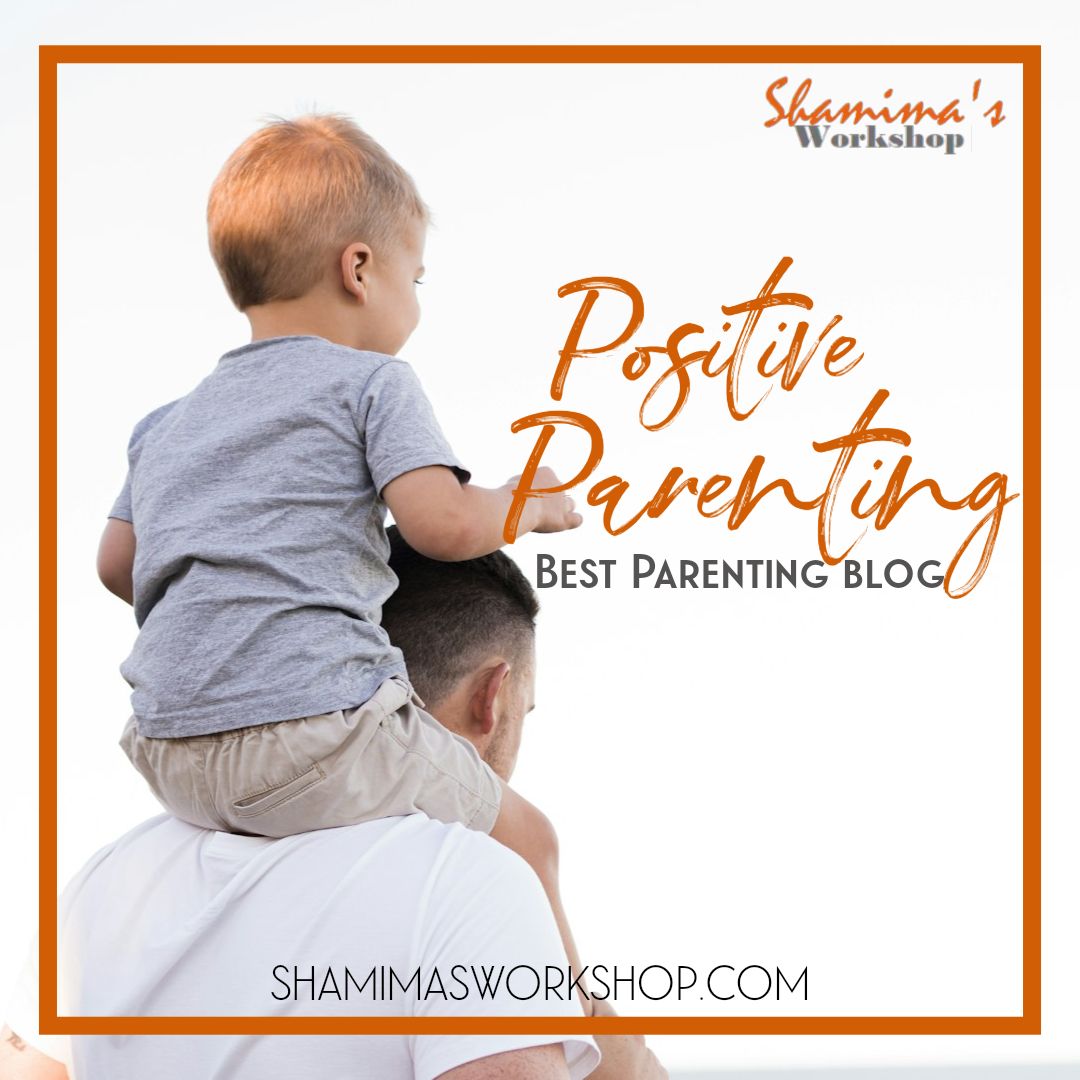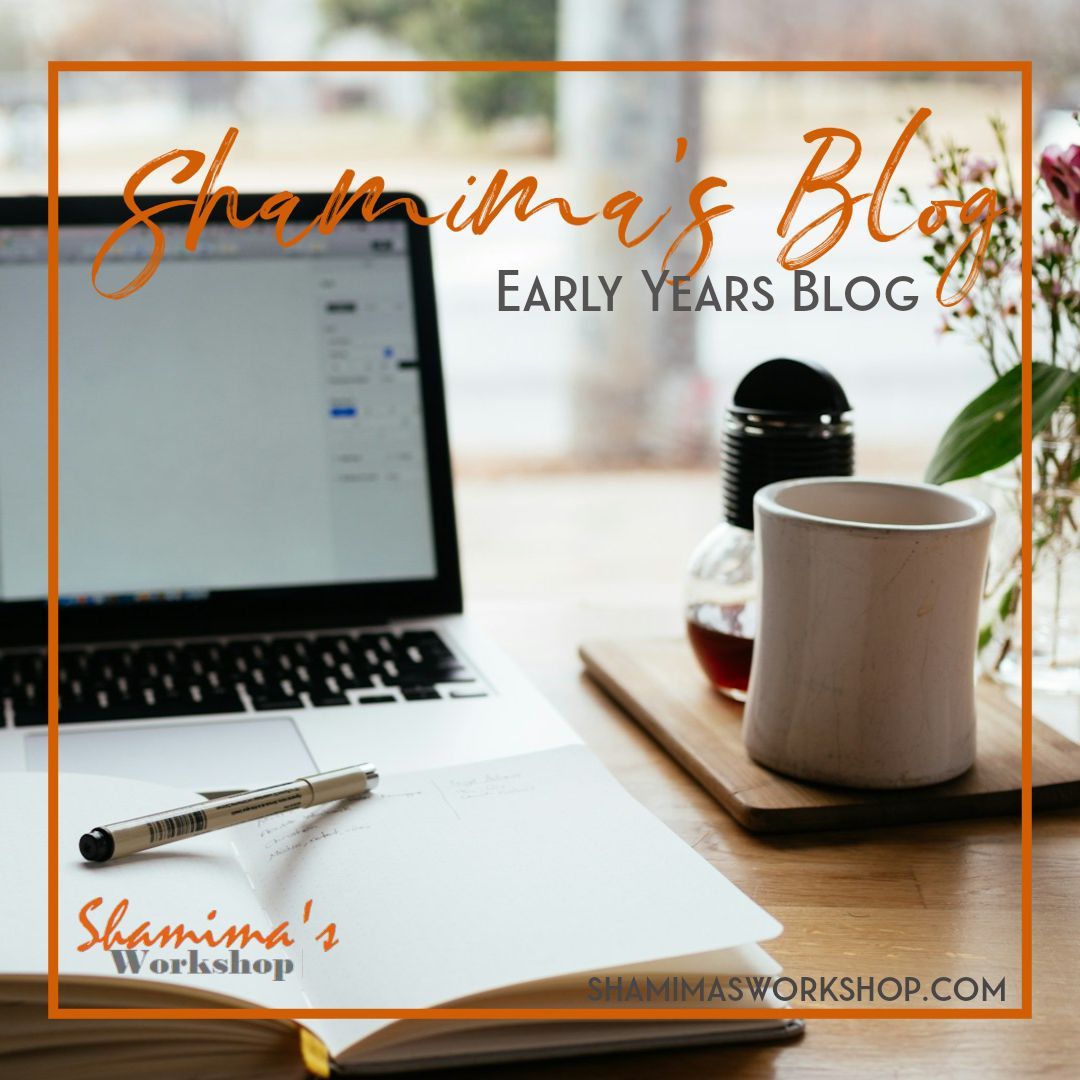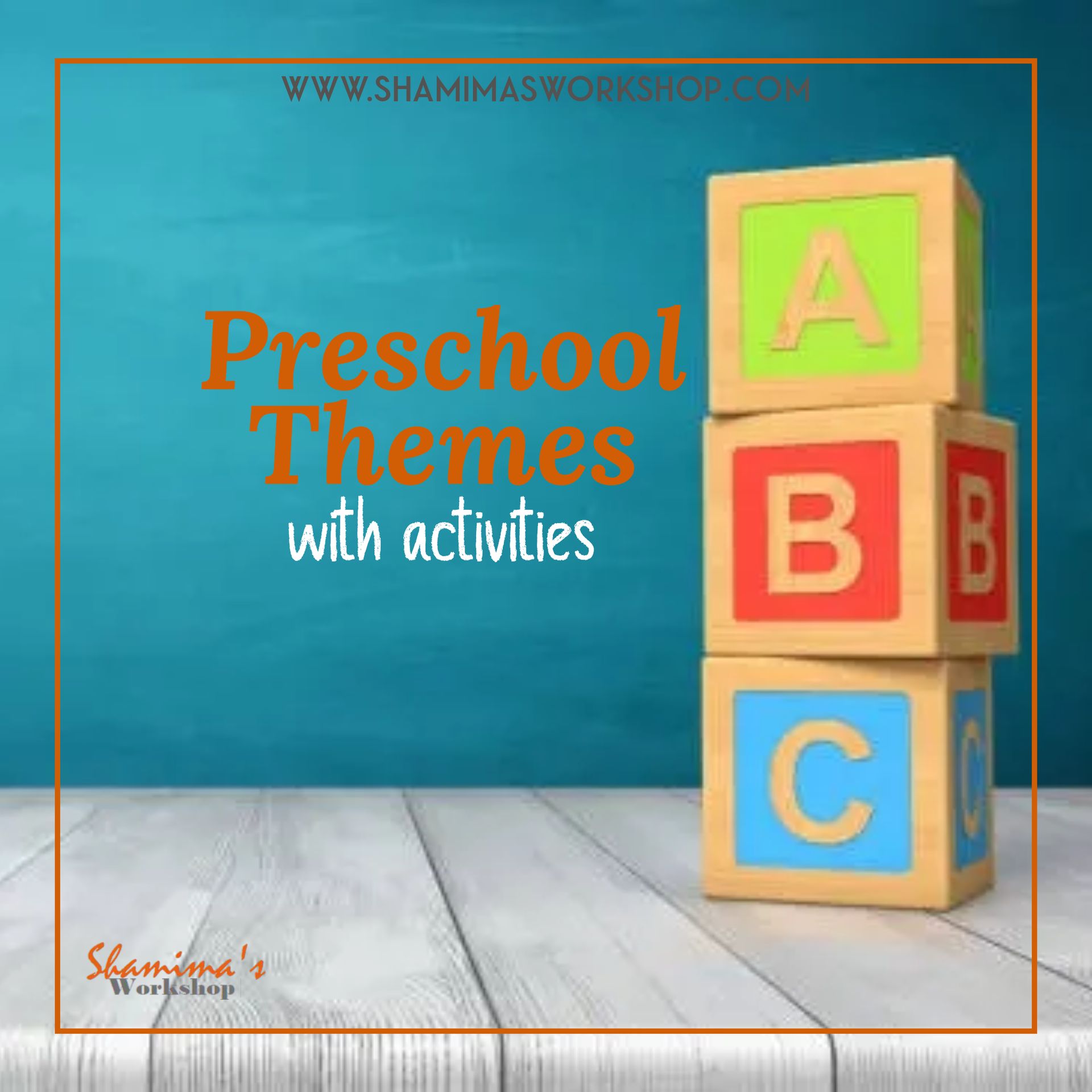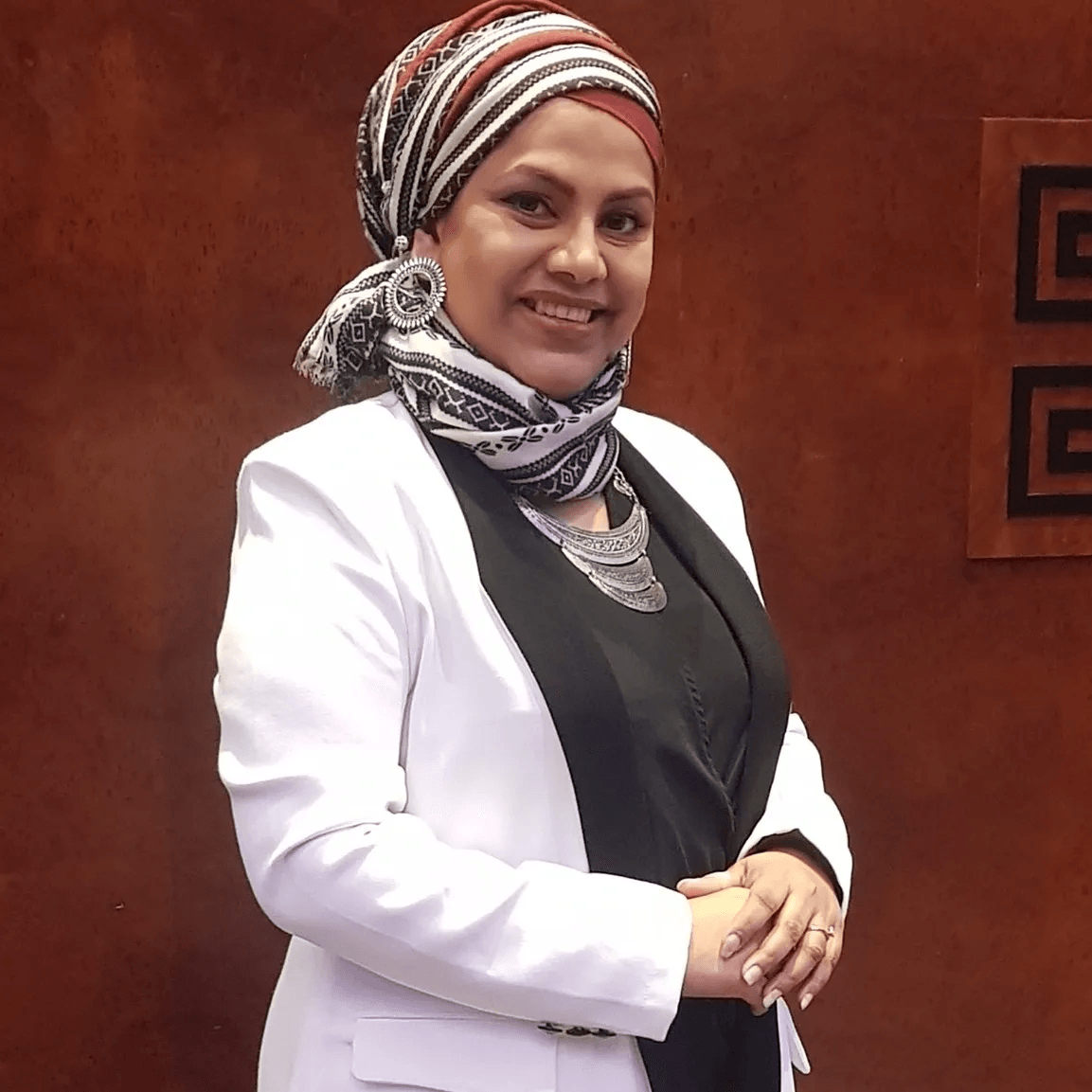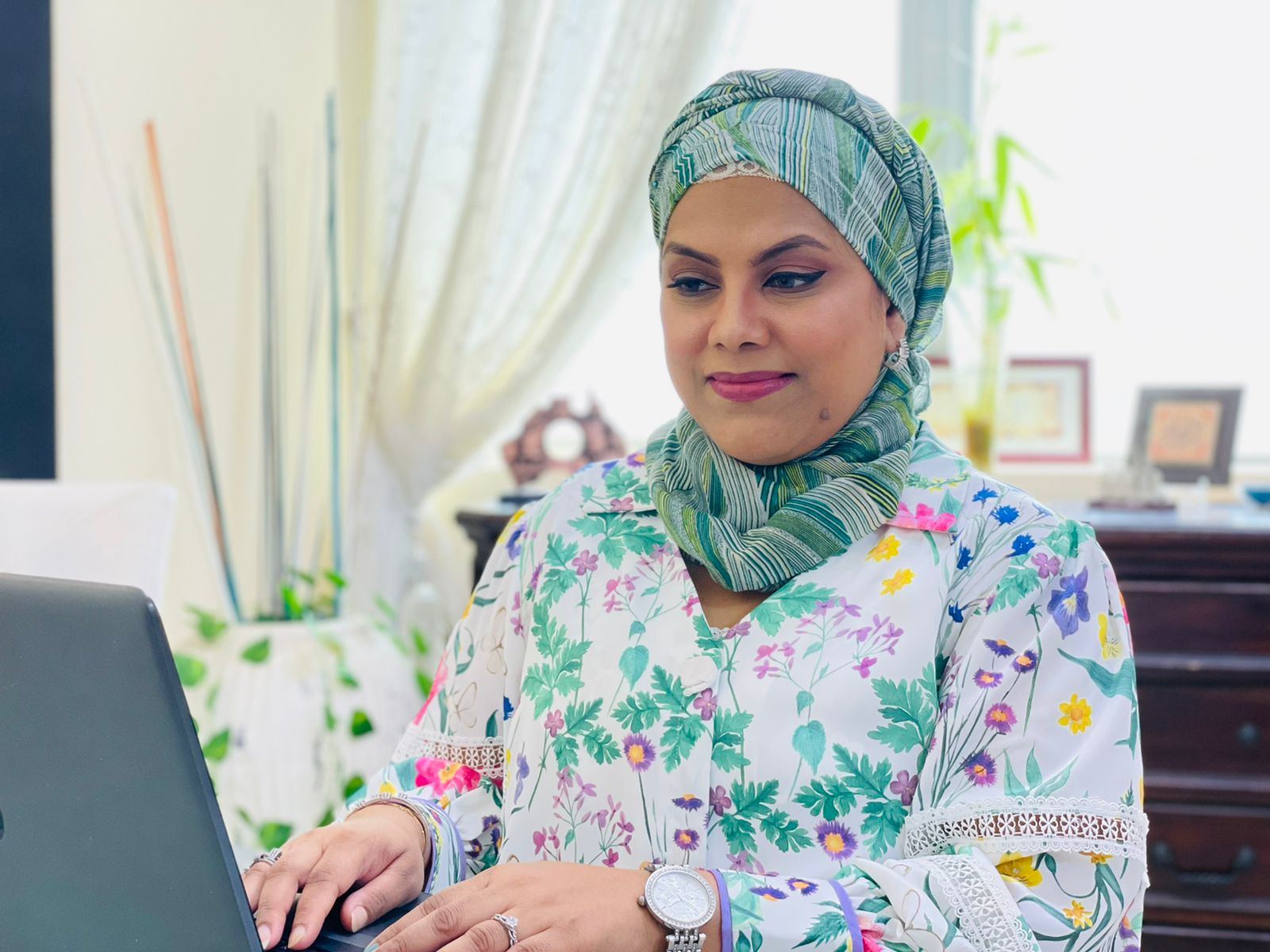Why not grab this beginning sounds mitten matching activity if you're searching for a winter activity for preschool/kindergarten to help your child focus on matching initial sounds? This winter theme activity for preschool, pre-k, kindergarten, and first grade students works on phonemic awareness, initial sounds, recognizing what different letters look like, and learning to listen for beginning sounds in words. This low-prep activity is superior to a worksheet because it is a fun, hands-on beginning sound activity that can be repeated over and over!
The Beginning Sounds Mitten Match activity
The Beginning Sounds Mitten Match activity includes 26 colourful mitten pairs. This beginning sounds activities is ideal for parents, teachers, and homeschoolers looking to make learning more enjoyable throughout the months of December, January, and February. Use this kindergartner winter project as extra practice, a winter literacy centre in your classroom, or a complement to your homeschool phonics curriculum.
How Do You Play This Beginning Sounds Game?
This activity would be ideal for phonics practise at school or at home. Here are a few ideas for how to use the mittens (I'm sure you can think of more).
Matching Sound Game:
You could try laying some of the picture mittens on the floor. Put down the apple, sun, and turtle if your children are learning set 1. Then give them the's' letter mitten and see if they can connect the picture to the sound. You could also place all of the mittens on the ground and see if they can match them all up.
Blending Activity:
You might lay the mittens with the letters out to spell simple CVC (consonant, vowel, consonant) words like cat or dog and see if they can sound out and mix the words appropriately.
Sorting Sound Game:
They could also serve as the foundation for a sound sorting game. Choose a few letter mittens, such as A, S, and T, and place them on the floor. Then, gather a variety of objects that begin with those sounds (sock, apple, toothbrush, and so on) and see if your children can place the correct objects beneath the correct cards.
You could always time it as they improve and switch out the cards and items as they learn new sounds.
You Play a Memory Game:
I'm sure you understand how to play this game (sometimes called pairs). This game is excellent for improving memory and concentration.
I hope you and your young students like this beginning sounds game in whichever way you chose to
utilize them.
